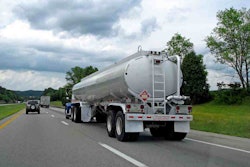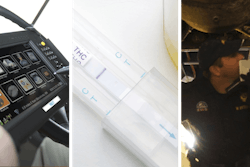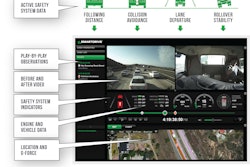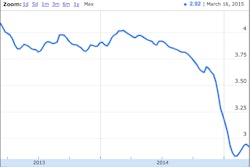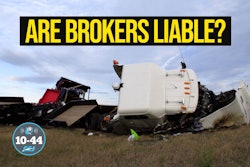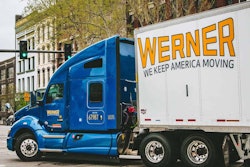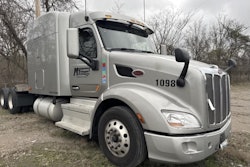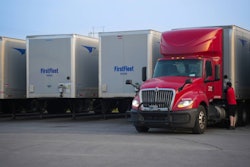Editor’s note: This post is part of a six-piece story on the U.S. economy, the upcoming presidential election, regulatory drag and all the impact all three are having on the trucking industry. Click here to read from the beginning.
On the positive side, the U.S. has recovered from the greatest economic swoon in a generation, and its full potential has yet to be realized.
| [gttable cols=”” width=”500″ class=”alignright”]
Click the links below to read more on the discussions of the U.S. economy’s health that took place at TRALA this week: Are we slowing our own economic growth? How long will sub-$100 per barrel oil last? Are winds of change blowing in Washington? What can and should get done before the next election? [/gttable] |
“We need to focus on growth,” Glassman says. “If there are different ways to get there, great.”
Higher growth leads to lower debt and lower debt reduces constraints on growth, which leads to more growth. Strauss says the money supply is nearly three times larger than the monetary base and the Fed’s expansion of the monetary base has allowed the money supply to rise, which largely helped stave off a Depression Era-esque banking collapse during the recession.
And while the world may never see an innovation like the steam engine or printing press again, Glassman says game-changers are always lurking. Shale oil and gas, trade in knowledge-intensive industries, big data, infrastructure, investing in human capital, technology breakthroughs in general have all played a role in moving the economy forward.
“Never under estimate the ability of Americans to overcome obstacles, even those created by their own government,” he says. “That’s been our history.”
Among the potential game-changers on the table are tax reform and deregulation, Strauss says.
“There are a tremendous amount of regulations on the books that are obsolete,” he says. “We should be going through those and culling through them.”

